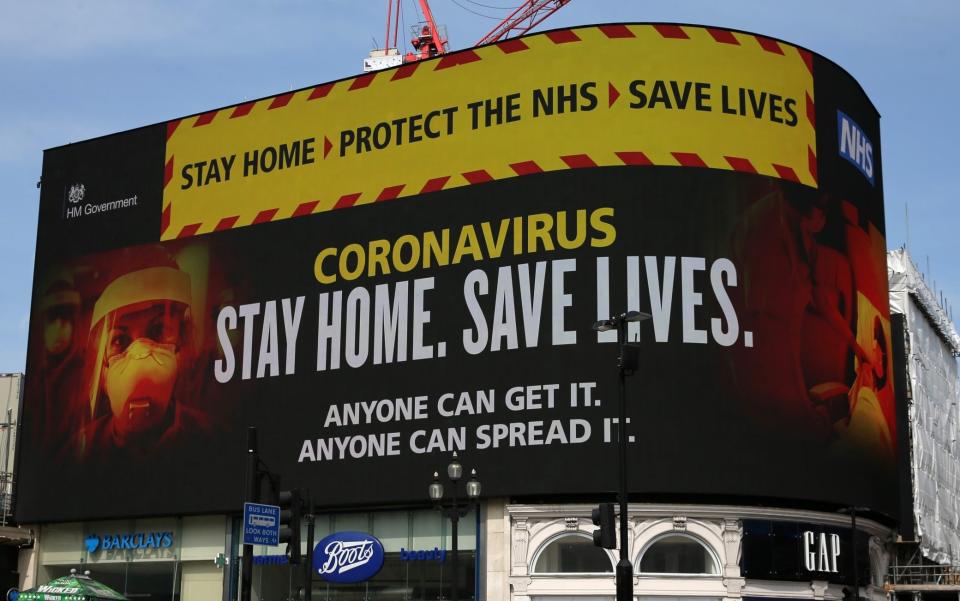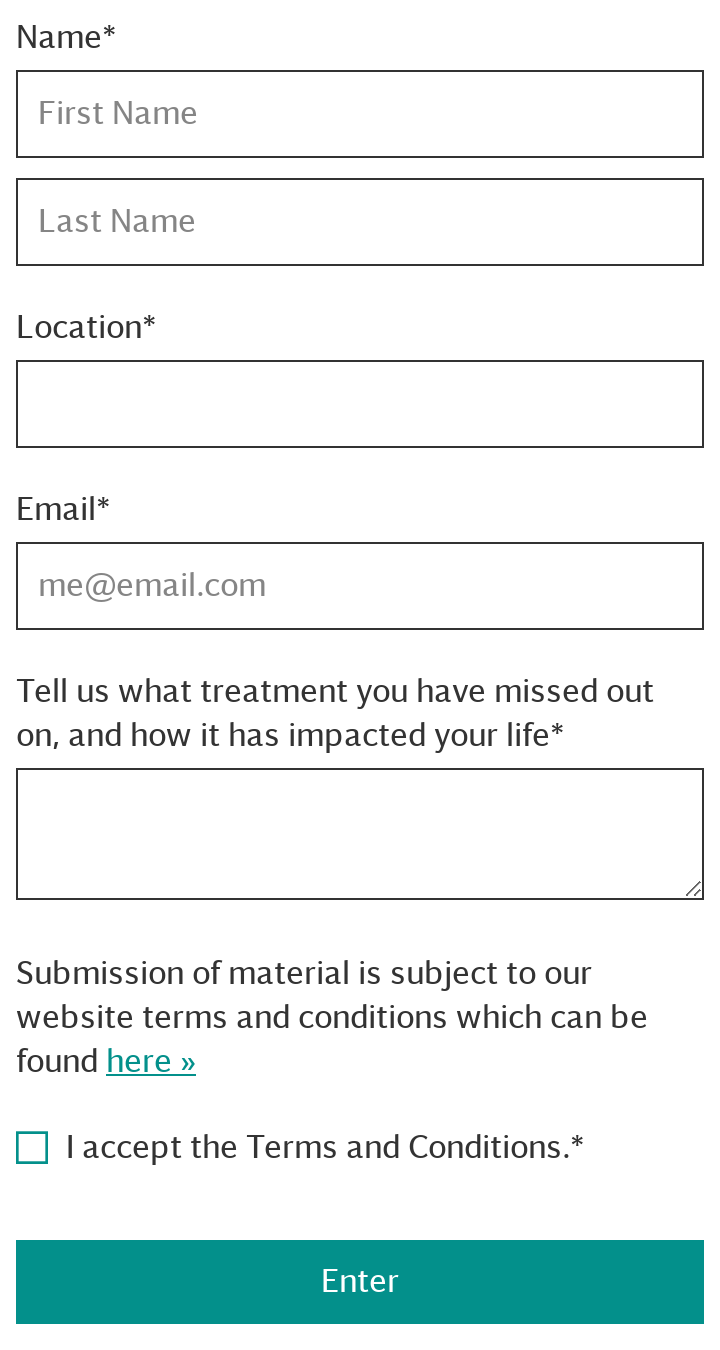NHS drive to ensure non-Covid sick get help


The NHS is encouraging sick patients to visit hospitals and GP surgeries during the second wave of the coronavirus pandemic after thousands were turned away during lockdown.
A new campaign, "Help Us to Help You", is being launched to tell patients that they will not be viewed as a "burden" if they attempt to seek help for non-Covid ailments this winter.
It comes amid fears that the mantra of "Protect the NHS" – when people were urged not to visit hospitals or GPs for fear of spreading the virus – led to thousands of patients being unable or unwilling to seek help during the first wave.
Figures released on Thursday showed that more than 111,000 patients in need of routine treatment have now waited for more than a year.
Despite being ordered to restore all non-Covid services at the end of June, NHS hospitals completed 43 per cent fewer routine appointments in August compared to the same month last year.
Launching the new drive – aimed in particular at people who fear they may have cancer symptoms – Dr Nikki Kanani, the medical director for primary care in England, said staff had gone to "great lengths" to make sure non-virus patients are safe.
"Whether you or a loved one has a routine appointment, or a potential cancer symptom, our message is clear – you are not a burden. We are here to safely care, so please don't delay," she said. "Help us to help you, and come forward as you usually would."

Despite the appeal, Matt Hancock, the Health Secretary, warned on Thursday that Britain was at a "perilous" moment in the pandemic which could cause the "implosion" of the NHS this winter unless virus levels are suppressed.
It came as a leaked internal projection for Greater Manchester forecast that hospitalisation rates would hit April levels within three weeks if current trends continue.
Nadine Dorries, the health minister, said hospital admissions could reach a "critical stage" within 10 days.
At the height of the pandemic, the public was repeatedly urged to "protect the NHS" after Italy saw hospitals overwhelmed with Covid-19 patients.
So successful was the drive to free up capacity, both through discharging existing patients and reducing the admission of new patients, that by the middle of April half of acute beds were unoccupied – four times the normal rate.

Even in London and Birmingham, then the worst affected areas for Covid, there were 29 and 38 per cent hospital vacancies respectively. But that led to major backlogs in cancer treatment and fears that many other illnesses were being missed. The new campaign was welcomed by patient groups on Thursday night.
A spokesman for the Patients' Association said: "While the 'protect the NHS' message of the spring was in place for only a short time before being replaced, people clearly took it to heart.
"We know the NHS is now making efforts to re-start treatments that were put on hold earlier in the year, and encouragement to patients to turn to the NHS when they think something is wrong is quite rightly accompanying that."
The "Help Us to Help You" initiative launches the day after new official data cast further light on the damage to cancer services wrought by the pandemic, revealing that efforts to work through the backlog of breast cancer patients went backwards last month.
More than 111,000 patients in need of routine treatments such as cataracts, hip and knee operations have now waited more than a year. The performance data emerged as 17,540 new UK Covid cases were announced on Thursday, with 77 new deaths.
The NHS campaign will use TV adverts, billboards and social media to encourage patients to keep routine appointments even if coronavirus hospitalisations increase. Including all patients but aimed particularly at cancer patients and pregnant women, the drive has celebrity endorsement from Emma Thompson, Gordon Ramsay and Nadiya Hussien.
The tone of the launch contrasted markedly with that of Mr Hancock, who warned the NHS Providers conference of a "perilous" situation in hospitals resulting from the surge in cases. Declining to reference the NHS England campaign, the Health Secretary said failing to suppress a second wave could cause the NHS to "implode".
However, in a nod to the indirect risks of the virus, he said: "Our strategy is simple: suppress the virus, supporting the economy, education, and the NHS, until a vaccine can make us safe."

Thursday's official data showed that urgent cancer referrals made by GPs in August were down 15 per cent to 169,660, around 30,700 lower than last year.
Baroness Delyth Morgan, the chief executive at the research and care charity Breast Cancer Now, said: "We are deeply concerned that the number of people referred to see a specialist with potential symptoms of breast cancer has dropped since last month, after the figures had been recovering.
"Referral numbers are still some way from returning to pre-pandemic levels and, with every month that passes, more women with breast cancer could be missing the best possible chance of early diagnosis, which is key to preventing deaths from the disease."
It emerged on Thursday that efforts to suppress the second wave have been hampered by the worst weekly performance yet by NHS Test and Trace.
Some 68.6 per cent of close contacts of people who tested positive for Covid-19 in England were reached through the system in the week ending September 30, the lowest weekly percentage since Test and Trace began and down from 72.5 per cent the previous week.
The data also shows that 25.7 per cent of people who were tested for Covid-19 in England in the week ending September 30 at a regional site, local site or mobile testing unit – a so-called "in-person" test – received their result within 24 hours, down from 38 per cent in the previous week.
Dr Yvonne Doyle, the medical director for Public Health England, said: "We are seeing a definite and sustained increase in cases and admissions to hospital. The trend is clear, and it is very concerning. It remains essential that we all continue to socially distance, wash our hands regularly, wear a face covering when needed and follow the guidance if living in an area with additional restrictions.
Dr Katherine Henderson, the president of the Royal College of Emergency Medicine, said: "We need to be clear about the scale of what we face as we go into winter.
"If we do not come together and take effective precautions, Covid will continue its explosion across the country; a devastating consequence of which could be the implosion of our NHS this winter. While performance is not near its worst, we are seeing extremely worrying signs as we head into winter."
Share your story


 Yahoo News
Yahoo News 
